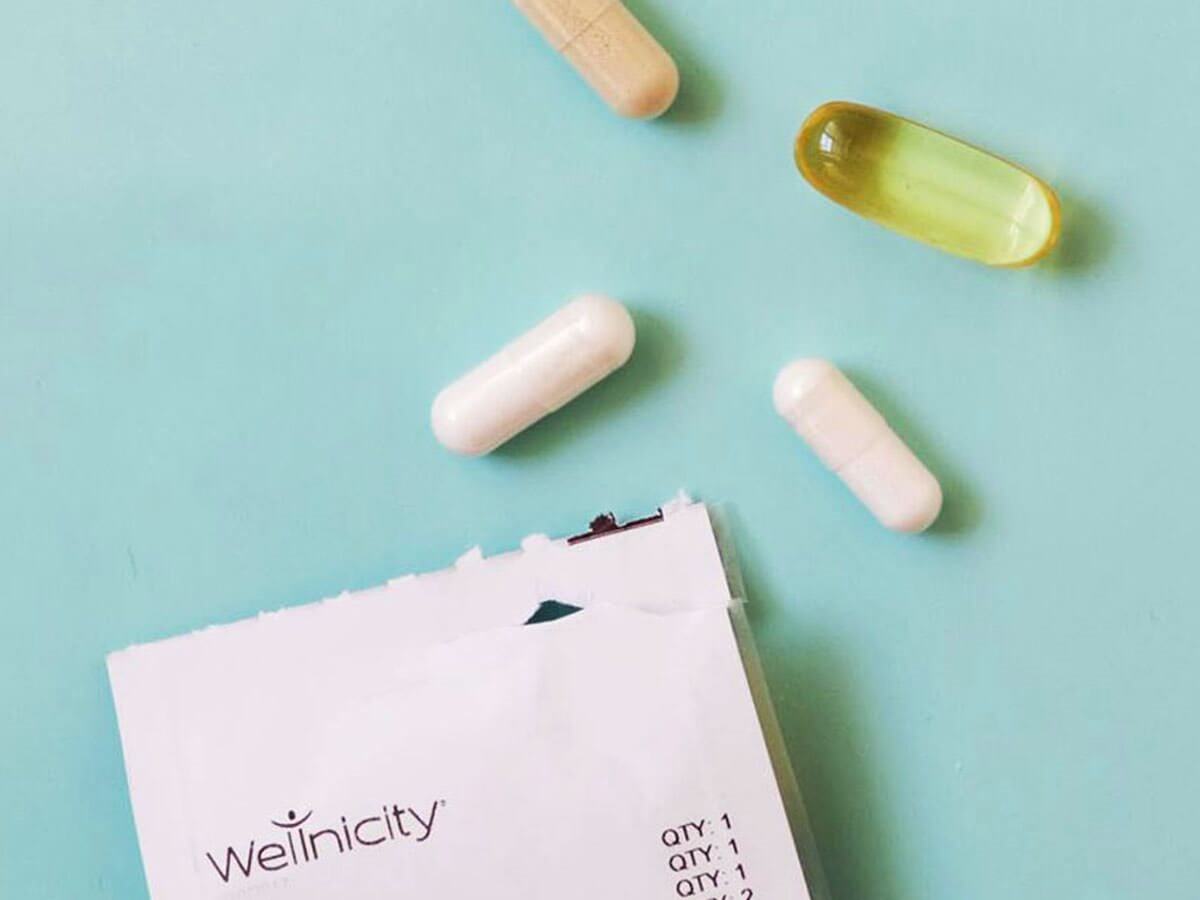7 Things to Consider When Choosing a Multivitamin
Champane Frias, Dipl. CN - Aug 15, 2017

1. Avoid synthetics
You wouldn't eat plastic, so why would you want anything synthetic in your vitamins? The natural molecules for nutrients like B vitamins and Vitamin E are often not included in standard over-the-counter or food-grade multivitamins. Look for nutrients such as B12 as methylcobalamin, the form needed for nervous system health, versus the less expensive, less active, cyanocobalamin (a synthetic form) found in most over-the-counter brands.
2. Avoid tablets
Multivitamins in the tablet form are heat-compressed. This can be problematic as most people don't have enough HCl (hydrochloric acid) in the stomach to actually digest and absorb the nutrients from tablets. Instead, look for multivitamins in vegetable capsule form, which are more easily broken down and absorbed. In addition, capsules provide an extended shelf-life without the risk of bacterial growth when compared to traditional tablets.
3. Take vitamins that your body can absorb
Besides digestibility, unless you're getting nutrients in a readily absorbable form, the nutrients you're consuming are likely just passing through. When choosing vitamins and supplements, look for those that come in bioavailable forms. (The trouble is, vitamins with high bioavailability are hard to find over-the-counter at most retail stores.)
4. Go for more than the RDA
The RDA, or Recommended Daily Allowance, of nutrients is actually the minimum amount needed to prevent deficiency diseases (such as Scurvy, a vitamin C deficiency). If your goal is optimal health, you likely need more than the RDA numbers suggest for many key nutrients. So don't be scared if the Percent of Daily Value seems high for key nutrients. That is just your multivitamin working toward the optimal health!
5. You may want to skip the iron
Most multivitamins include a dose of iron. However, because the food we eat today is so heavily fortified with iron, you probably don't need an extra dose (unless an iron deficiency has been determined). Too much iron can actually be an issue as toxicities are a real and present danger. Individuals most at-risk for iron deficiency are pregnant or menstruating women, those in chronic disease states such as cancer or inflammatory diseases, or those suffering from other maladies such as intestinal disorders, alcoholism, infection, and those who donate blood often.
6. Consider the number of ingredients
In order to pack in as many ingredients as possible, many multivitamins skimp on including enough of each nutrient to actually be effective. A multivitamin should be just that — high in B's, adequate A and some of the minor minerals. Calcium and magnesium, for example, are really large molecules. To get a therapeutic dose, they really should be dosed separately based on individual needs.
7. Skip the gummy multivitamins - they're mostly sugar!
One of the most popular selling multivitamins is the family of gummy vitamins. While initially intended for children, this craze has caught on with more and more labels including an adult line. While they do taste great, take a closer look at the ingredient label and you'll be shocked at the amount of sugar. Remember, the first ingredient listed is the most abundant ingredient in the formula. So, for example, if the first two "other ingredients" in your multivitamin are cane sugar and glucose syrup, this is what you're putting in your body. Be aware that sugar can be listed as any of the following: sucrose, cane sugar, cane syrup, tapioca syrup, glucose syrup.
Better than a multivitamin
Take a look at our clinician-selected essential vitamin packs.
- Vegetable capsules and natural molecules, for easy absorption
- Professional-grade (not food-grade)
- Top scores for bioavailability
- Organized into convenient daily morning and evening packs
Get The Essential Vitamins in Daily Packs